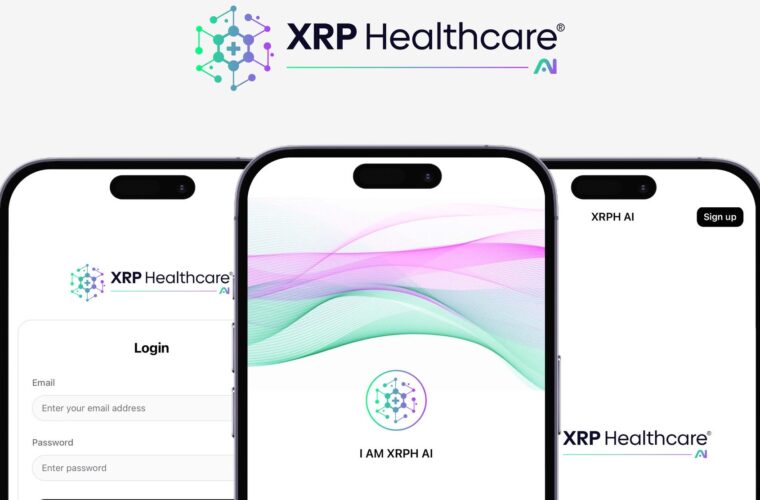In an era where healthcare institutions leverage APIs to revolutionize patient care and operational efficiency, robust API security measures cannot be over-emphasized.
Why are APIs essential in healthcare?
APIs are vital for seamless data exchange among various healthcare systems, enabling interoperability between electronic health records (EHR) platforms, medical devices, and patient portals. This transformative technology optimizes clinical workflows, reduces administrative burdens, and improves patient engagement and outcomes.
The benefits of APIs in healthcare are non-negotiable. Real-time communication through mobile apps and wearables drives telemedicine and remote patient monitoring innovation. This means patients and medical practitioners can interact more effectively, which enhances care delivery. Furthermore, APIs are fostering a more connected and data-driven ecosystem, fundamentally changing how healthcare services are delivered and experienced in today’s world.

What are the associated risks?
However, with these opportunities come potential risks, and during the cybersecurity month, focusing on this aspect related to healthcare is crucial. Inadequate security controls in API implementations can result in unauthorized access to sensitive patient data. This can lead to privacy breaches and identity theft, jeopardizing patients’ trust in their healthcare providers.
Some research estimates that the lack of security in APIs could result in annual API-related cyber losses ranging from $12 billion to $23 billion in the US and anywhere from $41 billion to $75 billion globally.
A glaring example of the repercussions of insufficient API security is the Quest Diagnostics data breach. This incident, one of the largest experienced by a leading clinical laboratory service provider in the United States, resulted from a third-party API vulnerability. Attackers exploited a vulnerability in this third-party web payment page, which was accessible through an exposed API. This breach led to unauthorized access to the medical information of approximately 11.9 million patients, drawing attention to the critical need for robust API security measures.
Healthcare institutions should prioritize API security
To safeguard patient data and maintain trust, healthcare institutions must prioritize API security. Encryption is a cornerstone of API security, ensuring that data transmitted between systems is indecipherable to unauthorized parties. Strong authentication processes verify the identities of users and systems, adding an extra layer of protection against unauthorized access.

Regular vulnerability assessments are crucial in identifying and addressing potential weaknesses in API implementations. For example, by conducting routine security audits, healthcare institutions can – and should – stay one step ahead of cyber threats. Compliance with industry regulations, such as the Health Insurance Portability and Accountability Act (HIPAA), is non-negotiable. Adherence to these standards helps us ensure that patient data is handled securely and complies with legal requirements.
In addition to these measures, healthcare institutions must also cultivate a culture of security awareness among their staff. Training programs and workshops can educate employees about best practices for handling sensitive patient information and recognizing potential security threats.
The potential risks associated with inadequate API security cannot be ignored. The Quest Diagnostics data breach serves as a reminder of the possible consequences of overlooking API security. Encryption, strong authentication, regular vulnerability assessments, and HIPAA compliance are all essential components of a comprehensive API security strategy.



